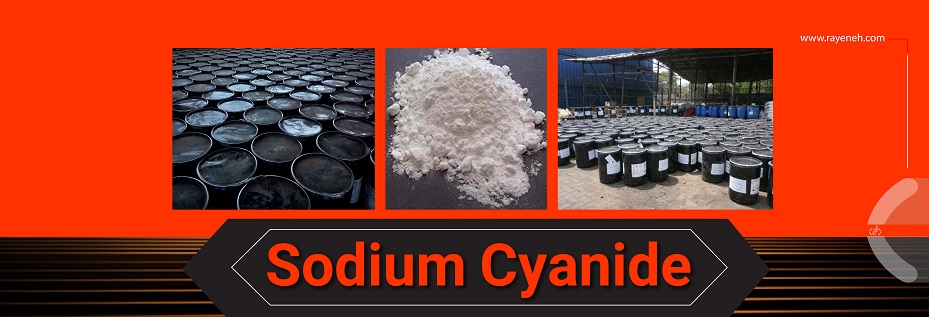
Sodium cyanide is a toxic, moisture absorbent and inorganic substance that produces hydrogen cyanide gas in a humid environment.
The cyanide needed in the cyanidation process is provided by the chemical composition of sodium cyanide. The chemical sodium cyanide was first produced in 1834 by the Rogers brothers.
They heated the colored mixture containing divalent and trivalent iron derivatives and sodium carbonate and after cooling the mixture, sodium cyanide was extracted from it with alcohol.
The most important industrial processes for cyanide production are the Andrussow process or the Degussa process.
The Andrussow process is very exothermic and is carried out in the presence of a platinum-rhodium catalyst.
While the Degussa process is a completely endothermic process and is carried out in the presence of a platinum catalyst.
| Properties | Value |
|---|---|
| Molecular mass | 49.01 g/mol |
| Melting Point | 563.7 °C |
| Boiling point | 1497 °C |
| Appearance | White solid |
Application
- Mining industry to extract gold
- In making electroplating solution
- Agricultural industry
- Pharmaceutical industries
- Chemical industries
Packing
Sodium cyanide is supplied in 50 kg metal barrels.
Chemical Formula
- NaCN
Other names
- Cyannatrium
- Cyanide Sodium
